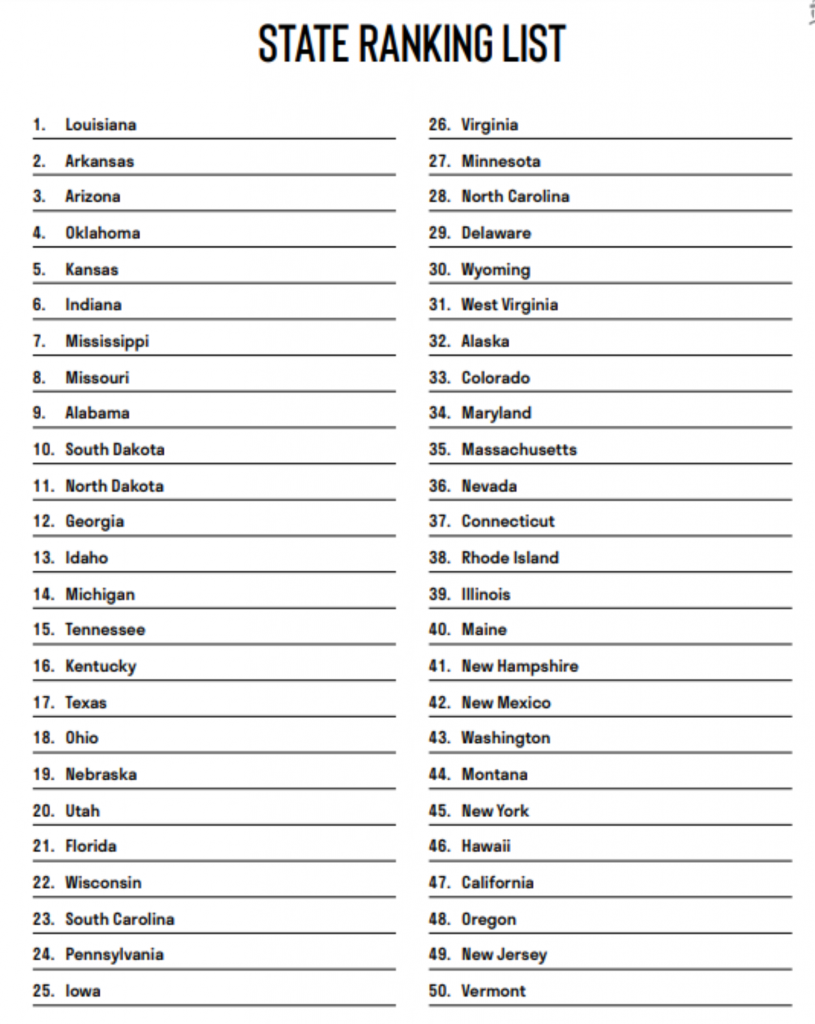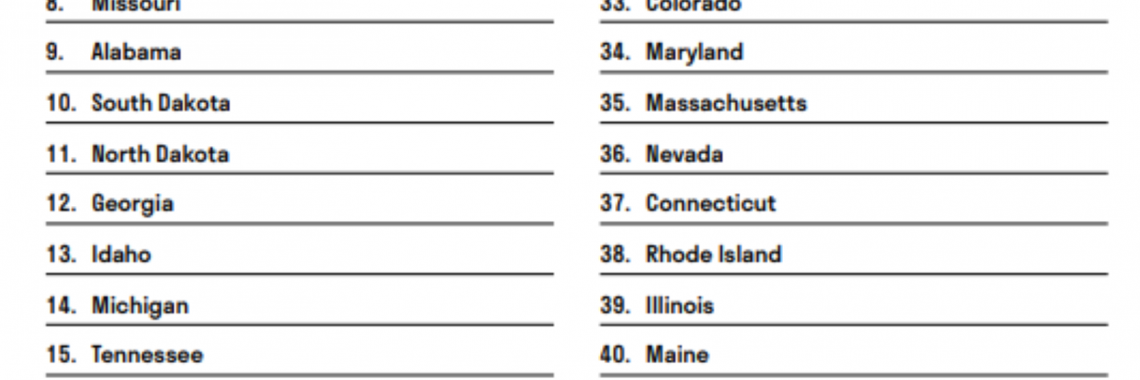Arkansas Ranked Second Most Pro-Life State in America

FOR IMMEDIATE RELEASE
Wednesday, December 18, 2019
On Wednesday Americans United for Life released its 2020 Life List ranking all 50 states from best to worst on how well their laws and policies protect human life. This year Arkansas is ranked in second place, right behind Louisiana.
Family Council President Jerry Cox released a statement, saying, “This is great news. Arkansas is the second more pro-life state in the country, and that’s something Arkansans should be proud of.”
Cox said the ranking is the result of the hard work of pro-life Arkansans. “Since 2012, Arkansas has moved from being the fifth most pro-life state in the country to the second. We’ve been in the number two spot for three years in a row, now. That’s because Arkansans work so hard to defend human life. We’ve made some really big gains passing pro-life laws in Arkansas, and we’ve won some major victories in federal court. This year alone we passed 13 laws that protect unborn babies, address physician-assisted suicide, and prohibit public funds from being used to clone or kill unborn children. All of that work is having an impact on our state.”
Cox said he considers the pro-life fight a team effort. “We have great legislators who sponsor pro-life bills and who vote pro-life. Governor Hutchinson has signed those measures into law, and Attorney General Leslie Rutledge has defended those laws successfully in court. This really is a team effort.”
Cox said ultimately this work is about saving lives. “Next year, we estimate that about 500 children will start preschool and Kindergarten because of a single pro-life law we helped pass in 2015. All told, the laws Arkansas passed this year will save more than 600 children from abortion every single year. Today, abortion in Arkansas is at a 40-year low, and teen abortions are at an all-time low. Only two abortion facilities are open for business right now in our state. We’re winning the fight to protect unborn children, and the fact that Arkansas is the second most pro-life state in America is proof of that fact. I believe one day soon Arkansas will be the most pro-life state in America.”
###



